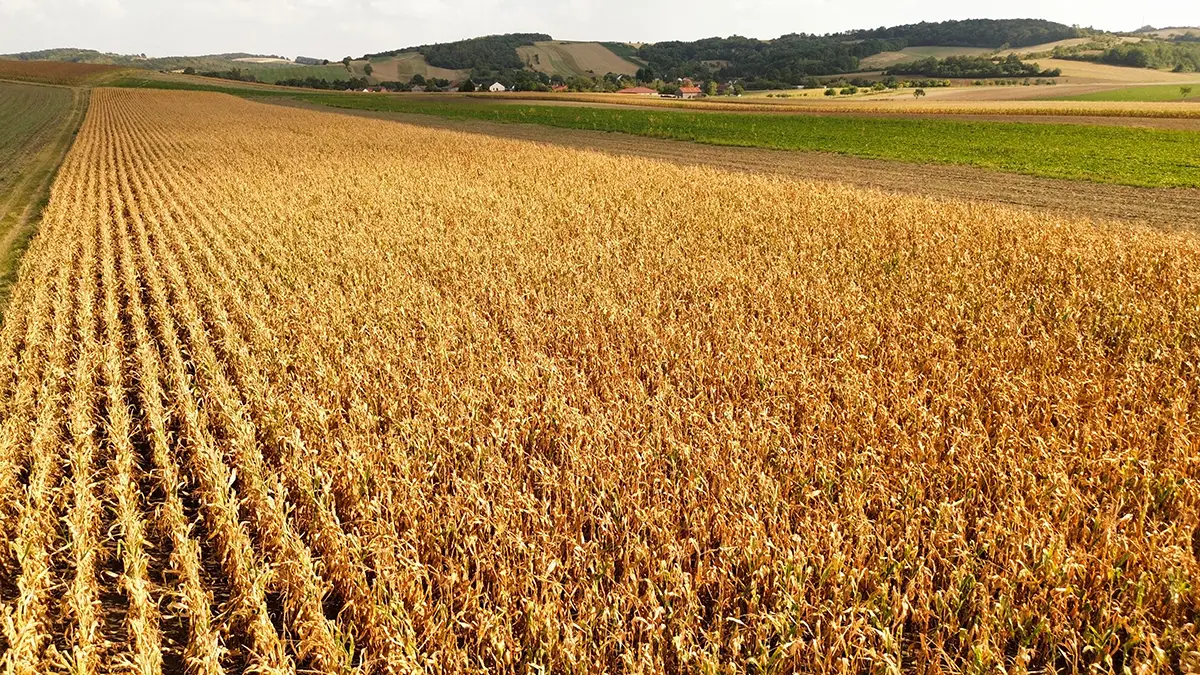This year, we are feeling the effects of the prolonged dry spells particularly strongly. A summer characterized by intense heat waves, and even in September Austria is still experiencing temperatures above 30 degrees. These extreme weather conditions are clear signs of the ongoing climate change, which is also increasingly affecting agriculture. The media are increasingly reporting on how climate change is presenting farmers in particular with immense challenges. Just yesterday, for example, there was an article on ORF.at (3.9.2024) about the effects on domestic agriculture. Droughts, irregular rainfall and rising temperatures are making cultivation more difficult and leading to crop losses.
The Austrian Hail Insurance estimates the damage caused by drought in agriculture at 150 million euros, while the total damage caused by extreme weather events such as hail, frost and flooding has already reached 250 million euros. Vegetable growing is particularly affected, which is severely impacted by heat stress, pest infestation and high irrigation costs. Yield losses of up to 80 percent in cabbage and losses in carrots, onions and corn are not uncommon. There are also major losses in fruit growing, especially in apple cultivation, where only a third of the usual harvest is expected. The Chamber of Agriculture warns that the persistent drought is also threatening crops that have already been sown, such as rapeseed, for next year. https://orf.at/stories/3368397/
Our own photos also clearly show the lack of development and the severe drought damage to maize. The picture was taken on August 29, 2024 near Hollabrunn / Lower Austria and illustrates the dramatic effects of the ongoing drought on agriculture in the region.
In this context, innovative solutions such as the water-retaining granules POLYGRAIN and POLYSORB from Green Legacy offer a way to counteract the climatic challenges posed by increasing periods of drought. These biodegradable granules can bridge dry periods of up to eight weeks by storing water and nutrients directly at the roots of the plants.
POLYSORB, specially developed for agriculture, consists exclusively of a superabsorber and has the unique feature that it can store up to 400 times its own weight in water. The granules remain effective in the soil for up to three years and are slowly broken down by microorganisms. This makes it a lean but effective solution for long-term water storage, particularly in arable, vegetable and fruit cultivation.
POLYGRAIN on the other hand, offers an “all-in-one” solution that includes a starter fertilizer in addition to water retention, thus enabling a wider range of applications. Both products are also approved for use in the food industry, which makes them particularly sustainable and environmentally friendly.
These measures can minimize crop losses and make agriculture more resilient to extreme weather conditions.

